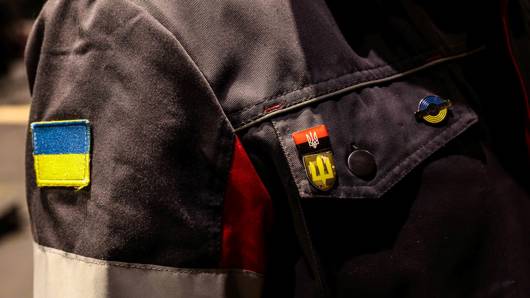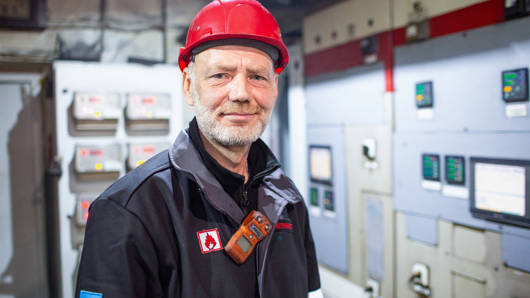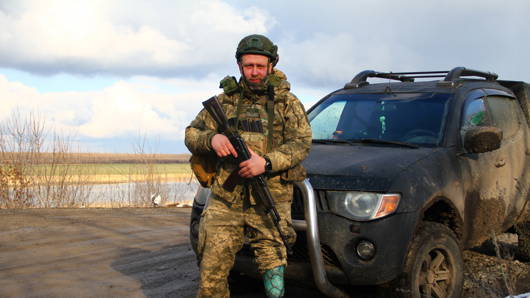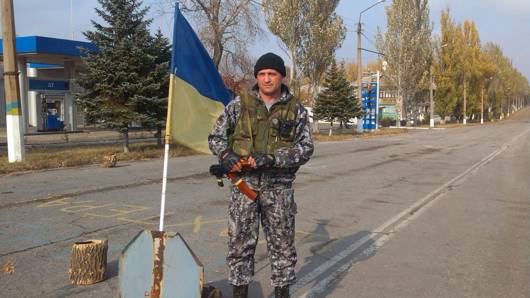About a veteran reintegration system, overcoming staff shortages, and factors for creating a team of specialists who will participate in the post-war reconstruction of the country were discussed by Metinvest's representative Zoia Heintse during the "Personnel Decide: New Architecture of Economic Recovery" conference held in Kyiv.
The conference was dedicated to the role of human capital in the post-war reconstruction of Ukraine. The participants discussed strategic planning of the labour market, youth engagement, veteran reintegration, and cooperation between business, educational institutions, and the state. The event brought together government representatives, international organisations, large companies, and educational institutions. We Build Ukraine, an analytical centre, organised the event.
Zoia Heintse took part in a panel called "Human Capital for Economic Recovery ‒ Opportunities of Labour Potential Development." The discussion included representatives from the Ministry of Veterans Affairs, the Parliament Committee on Organization of Public Administration, local government, regional development and urban planning, Employer's Federation of Ukraine, the World Bank, and the MHP company.
According to Metinvest's representative, nearly 11,000 employees of the company have served in the Armed Forces of Ukraine since 2014. Currently, approximately 8,000 employees are serving in the military, and a thousand people have returned to work at enterprises.
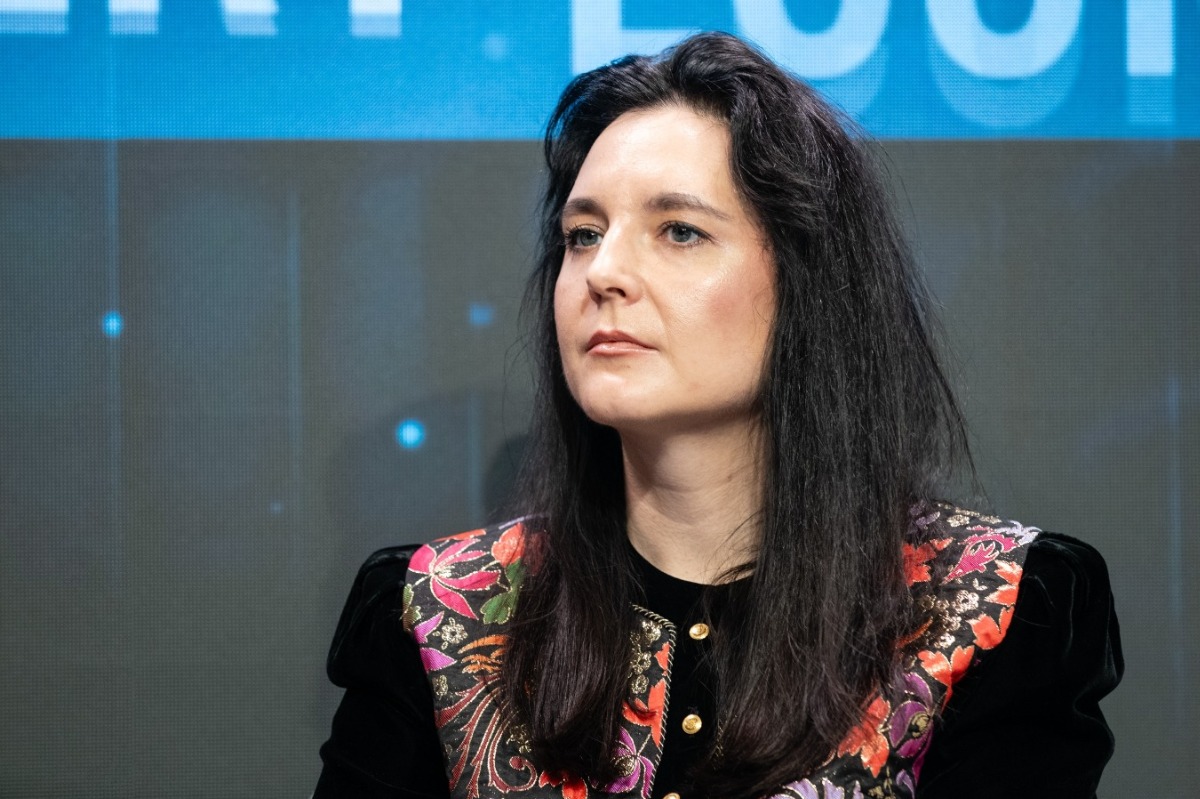
Nearly 11,000 employees of the company have served in the Armed Forces of Ukraine since 2014
Despite losses of enterprises in Mariupol and Avdiivka, and suspended productions in Pokrovsk, Metinvest remains the largest private employer for veterans according to data from Korn Ferry. Veterans comprise around 20% of the total company's personnel, including mobilised employees.
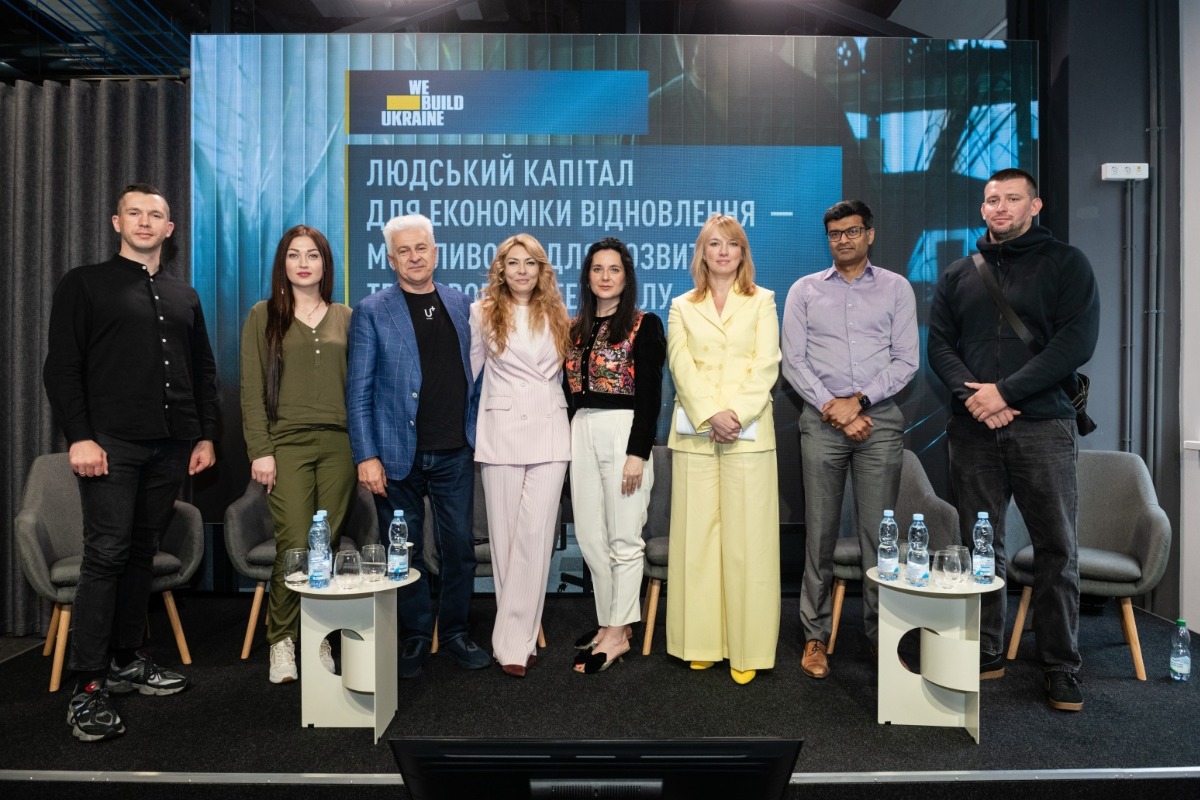
Zoia Heintse said that the veteran journey at Metinvest begins from the moment of mobilisation. The veteran reintegration system covers psychological and physical support, and provides assistance with rehabilitation after injuries. In particular, around 140 servicemen and civilians have completed prosthetics and rehabilitation programmes. Additionally, there is a "Free Waves" rehabilitation programme operating in Zaporizhzhia and Kryvyi Rih, which aids recovery through swimming and is run by Olympian Denys Sylantiev.
Overall, Metinvest directed USD 250,000 towards veteran adaptation last year, and the company plans to increase financing to USD 550,000 this year.
Not veterans need to adapt to society, but society needs to adapt to veterans
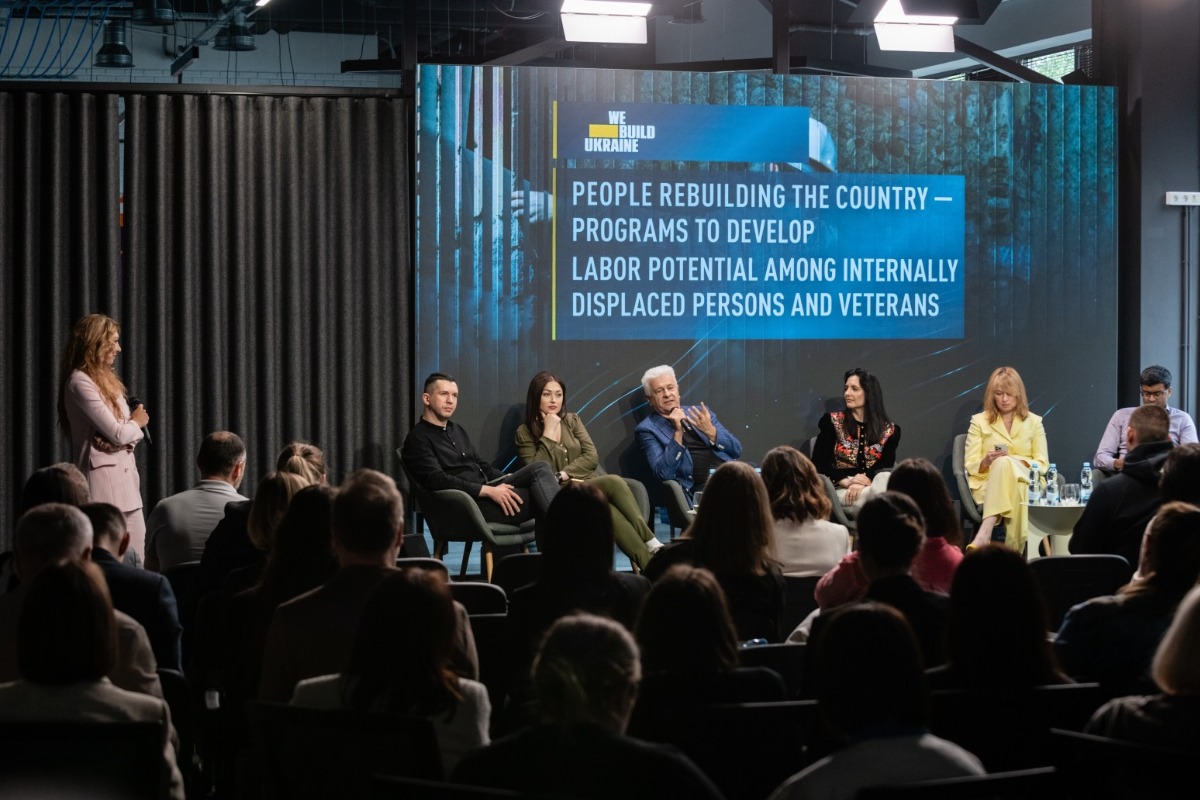
After returning from the army, employees can confirm their qualifications or improve their skills directly in the workplace. If they cannot return to their previous position, they can undergo professional retraining or pursue higher education at Metinvest Polytechnic. As of now, 26 veterans, including defenders of Mariupol, study there within the "Heart of Azovstal" project.
"Beside our work with veterans, we are also working with teams in parallel. Because it is not veterans who need to adapt to society, but society that needs to adapt to veterans," said Zoia HEINTSE.
In particular, over 1,100 managers have completed the "Wartime Leadership" programme, and over 12,500 employees have completed the "Heroes Among Us" programme. Training helps employees to understand veterans' experiences and create comfortable conditions for their return to work.
Moreover, a video course on communicating with veterans, created in cooperation with a military psychologist Olena Nikolska, has been watched by over 16,000 employees of the company. The course is available on Metinvest's YouTube channel and Facebook page.
According to the head of the internet communications department, nearly 4,000 vacancies are currently open in the company. In order to overcome the staff shortage, employees undergo professional training to work in several specialities. The company awaits the return of all veterans and is ready to employ former military personnel from the market.
Another direction to deal with staffing shortage involves the engagement of women. "After 2022, women can work underground and in challenging conditions. There is no longer a division of work as being for men or women. We already have female excavator drivers in Zaporizhzhia, and female shop workers at Kamet-Steel. This comprehensive work will help to shape the human resources for the post-war reconstruction of Ukraine," shared Zoia Heintse.






